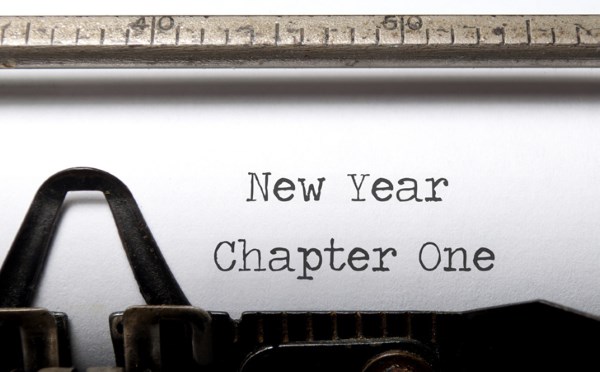Getting ready to buy a house or just thinking about it? Where to buy, what to buy, and how you’ll afford it are probably top of mind. But if you’re not also concentrating on your credit score – and by concentrating on, we mean actively trying to raise your scores as much as possible – you’re not looking at the whole homebuying picture. Here are the best options to help boost your score in the new year:
Shoot for perfection – While 850 is the best score you can possibly get, approximately one in every 200 people achieves this level of perfection.
If 850 is out of reach within a reasonable timeframe, try for 750. This is the magic number for many lenders and creditors. It puts the ball completely in the corner of the consumer rather than the lender. You’ll often have lenders fighting for your business, and in nearly all instances, you’ll be offered the best interest rate by lenders.
Talking to your lender about the items on your credit report that have the best chance of raising your score is key. You may think that paying off that old unpaid account from six years ago is an easy way to get a score bump, but is it about to fall off of your report on its own? In this particular case you may do more harm than good and this is why it is important to talk to your lender before you begin the home buying process. If you do not have a lender, don’t hesitate to contact me. I have a list of peer reviewed industry experts at hand.
Set up automatic payments – According to professionals, a good 35 percent of your credit score is taken from your payment history. Almost every creditor, from your utilities to your car payment to any outstanding student loans you may have, offers the option of automatic payments. This is the easiest way to ensure you never miss a payment because you got busy or spaced on the due date.
Ask before you shut down credit cards – The amount of credit you have is a factor in qualifying for a mortgage. Too much debt is a bad thing. But, long-term credit use that has been managed properly will be helpful to your score. If your lender recommends getting rid of some of your available credit, it likely won’t be older cards. Length of credit history is considered when determining your score.
Watch your credit limits – Banks don’t look kindly on those who have used all of their available credit because it gives the appearance that you’re not living within your means. The amount of available credit you use is the second most important factor in your score. Experts recommend you keep your balance on each card below 30% of your limit — if your limit is $5,000, your balance should be under $1,500.”
Pay down your debt – If you’re trying to weigh the best tactics for improving your credit and you don’t have the funds to take care of every outstanding wrinkle on your credit report and pay down your existing debt at the same time, you definitely want to check with your lender before you make any move. Every dollar is important, and while your credit score will “soar” as you “pay off your debt, it could be that your lender has a strategy that places more importance on other credit issues in your report.
Don’t be afraid to refinance – You may end up buying a home before you get your credit score exactly where you want it to be. If you’re in an appreciating market, which much of the country is, and your score continues to rise after you close escrow, you might be in a position to refinance sooner than you think. Especially if you buy your home with an FHA loan, their streamline refinance program can potentially lower your rate without an appraisal, a credit check, or job/income verification.
